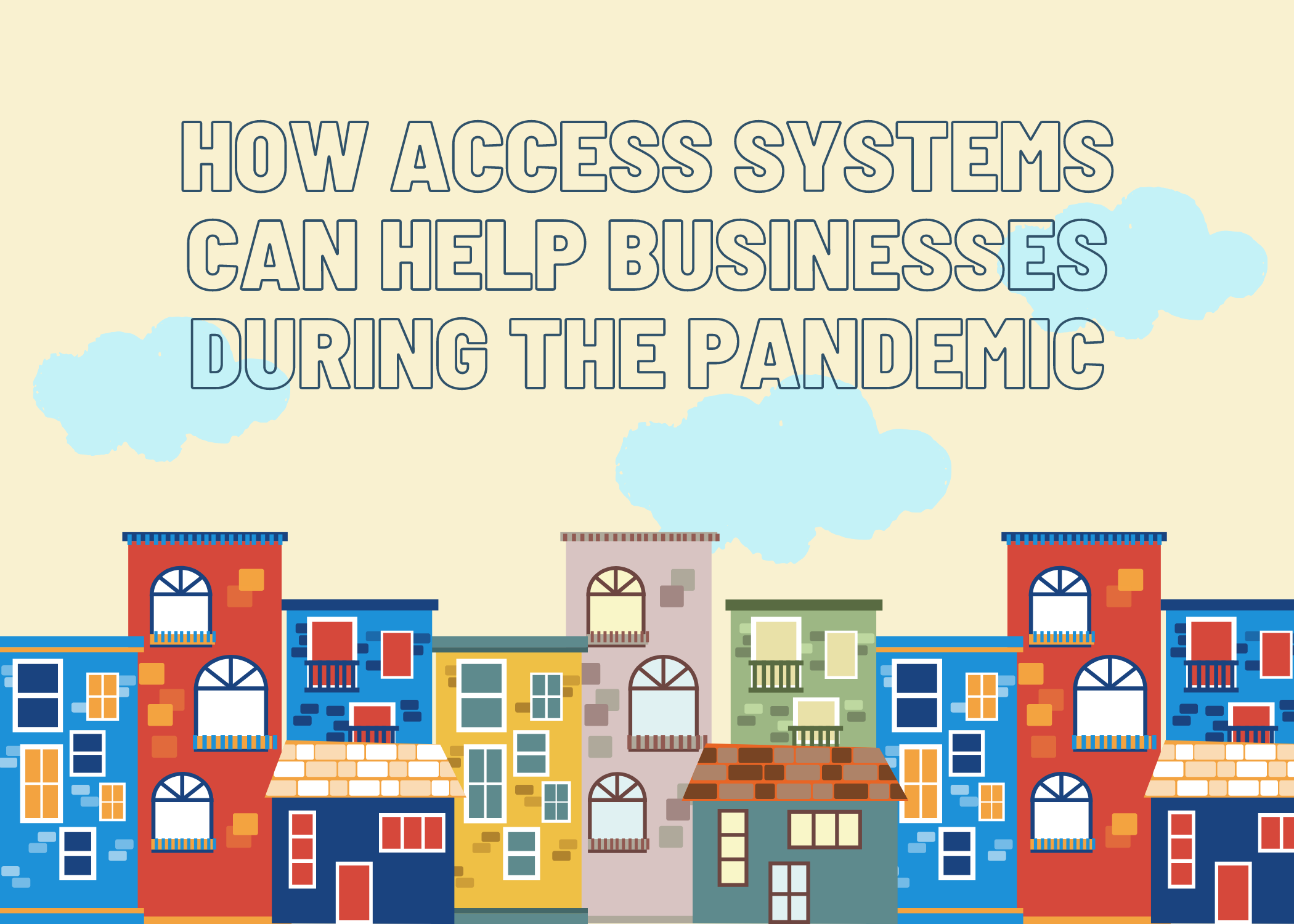Security systems
have always been a necessity for many places. From the hospitality industry to
the hospital businesses. Access
systems in particular make their work easier and safer. Considering the
pandemic, security and access controls have become even more important. Human
interaction needs to be at the bare minimum, and you must not just let anyone
into any room anymore.
Access control is
the number one solution for many industries to combat and decrease the risks of
the pandemic spreading. It has become more important than ever to have at least
a plan for access control in place. Just take a look at how some businesses
have used access systems to keep them going and prevent the pandemic from
spreading even more!
Automated Log
Sheets
Advanced access control
systems have a means of tracking where an employee or customer is at a time.
Everyone that enters a building should be provided with a keycard or some form
of identification. This will give them the appropriate level of authority and
the access that comes with it.
This also tracks
down where you’ve been within the premises of the building. That means, there
is a modified backtracking system that will allow the management to see who you
have been in contact with during a certain time.
In the Philippines,
being able to track down the people you’ve been in contact with is a priority,
particularly for those that are suspected of being infected with COVID-19.
These automated log sheets will provide all the information needed in contact
tracing when the unfortunate situation arises.
Isolation and
Purposeful Avoidance
Access control
enables businesses that deal with infected people to do so without too much
human interaction. Advanced hospitals and hotels that double as accommodation
for the infected make use of these access control systems to keep the patients
within the room and anyone that doesn’t need to be there out.
It’s easy to label
areas as a contaminated zone, however, some people will be stubborn enough to
continue forward and just enter without precaution. With access control, they
need more than just the knowledge of the room where a patient is for them to
enter.
The same idea can
be applied to places where people under investigation are located. Because
they’re not yet confirmed to be sick, the restrictions are a bit more lax, but
access control still prevents most people from interacting with them while
they’re in specific rooms.
Even the most basic
access control systems are enough to help prevent people that show symptoms
from entering certain establishments. Bear in mind that malls, restaurants, and
other service-based businesses have a strict process that everyone that will
enter should go through. If they fail, then they will not be granted access to
the establishment.
Another concept
relevant to this is the precise monitoring of People under investigation. It is
a rule that PUIs need to be isolated for at least two weeks for monitoring of
the health and to see if the symptoms worsen. Access control allows hospitals
and hotels to accurately count the days in which the PUI must continue to be
monitored within the room. It will also be able to log who visited and who has
taken care of the PUI.
Remote Access
One of the best
things about access control is that it can function with little to no human
interaction. There are different types of access control panels that can be
used, be it through a key card, biometrics, eye-scanning, or a simple ID lock.
All of these lessen the need for people to physically touch the doors and
handles. The less you have to touch, the less the risk of getting the disease.
A very unique way
of applying this is by using remote-controlled doors that activate once a
certain keycard or receptor is within proximity or through a touch on your
phone. It could also be done through an operator that allows and logs the
people who go in and out of certain places in an area. This is probably the
most advanced and effective way of counteracting the COVID-19 pandemic with
access control.
Key Takeaway
Access systems are
one of the security systems that have taken a lead role in keeping the pandemic
at bay. By limiting the access of people and making sure that they are
monitored at all times, access control ensures that the risk of the pandemic
spreading to other people within the vicinity is very low.
When an infected
one is found, it will be easy to do trace whoever they were in contact with.
For the infected, isolation rooms can be secured enough to prevent unaware
people from entering.
Access control
grants everything that preventive countermeasures against the pandemic needs.
If you don’t have a solid plan for controlling access to your businesses, think
of one now or get your access control system!

 Pamela
Pamela




